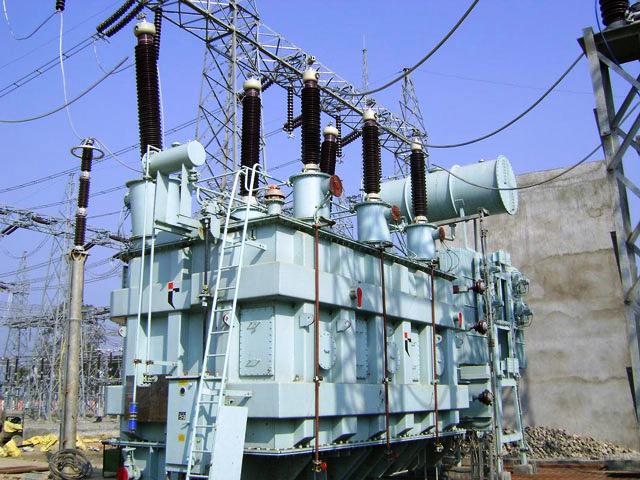
“It is a sacred promise made to Nigerians and the government cannot deliver less. It is a task that must be done,” he said
At the opening of the Power Sector and Infrastructure Financing Conference holding in Abuja on Monday, the vice president stressed the need for the companies to provide Nigerians with stable power supply, a development, he said, would improve Nigerians’ standard of living.
“The Power sector is very critical to the attainment of our national development goals.
“Our commitment to the principle of greater service delivery in this sector remains strong and unshakable, giving its strategic importance to the development of our country,” he said.
Mr Sambo pointed out that the capital electricity generation in Nigeria was still low and could not propel the nation towards the realisation of its national development target.
“We must fundamentally reorganise the power sector to improve performance as well as increase our generation capacity to meet both industrial and domestic needs of our nation. The reform will conceptualise as one of the drivers of our transformation agenda and the cornerstone of our overall national development plan,” he said.
Capital For Infrastructural Development
The Nigerian government had in November 1 privatised the legacy generation of the Power Holding Company of Nigeria.
The vice president stated that the process was a demonstration of the government’s resolve to effectively address the challenges facing the power sector in Nigeria.
“The first phase of the privatisation efforts has been concluded. The 10 National Integrated Power Project (NIPP), with an estimated output of 4,700 megawatts, which had been under construction, had substantially been completed. The process towards the privatisation would be completed by December 2014,” he reiterated.
The addition of the 4, 700 megawatts is expected to speed up the development of the nation’s economy and contribute massively in Nigeria’s industrialisation, provide higher GDP, youth employment, improve the standard of living and provide social security for Nigerians.
The government has emphasised that the private sector was in a better position to effectively mobilise and manage the huge capital required for constant and affordable power supply to all Nigerians.
Sambo, again, expressed strong and firm confidence in the Nigerian private sector.
“The creativity and patriotism of our business community has kept all sectors of our economy strong.
“We will continue to promote the private sector as a critical component or our country’s economic development agenda.
Giving highlights of the nation’s plan ahead of 2045, Mr Sambo explained that under the National Integrated Infrastructure Master Plan, substantial amounts were required for infrastructural development efforts in the next 30 years, covering 2014 to 2045.
According to him, the energy sector alone needs an infusion of about $900 billion.
During this period a significant percentage is expected to come from the private sector.
“Transmission grid requires $1.5 billion dollars annually for the next five years to ensure reliability and stability.
“The government is undertaking new investment in solar wind and hydro power plant to ensure that the target is met.
He expressed hope that the conference, which has in attendance, experts in the power sector, investors and chief executives of leading local and international financial institutions amongst others, would come up with practicable funding strategies for the power sector and device strategies to unlock the much needed capital for other infrastructural development.




